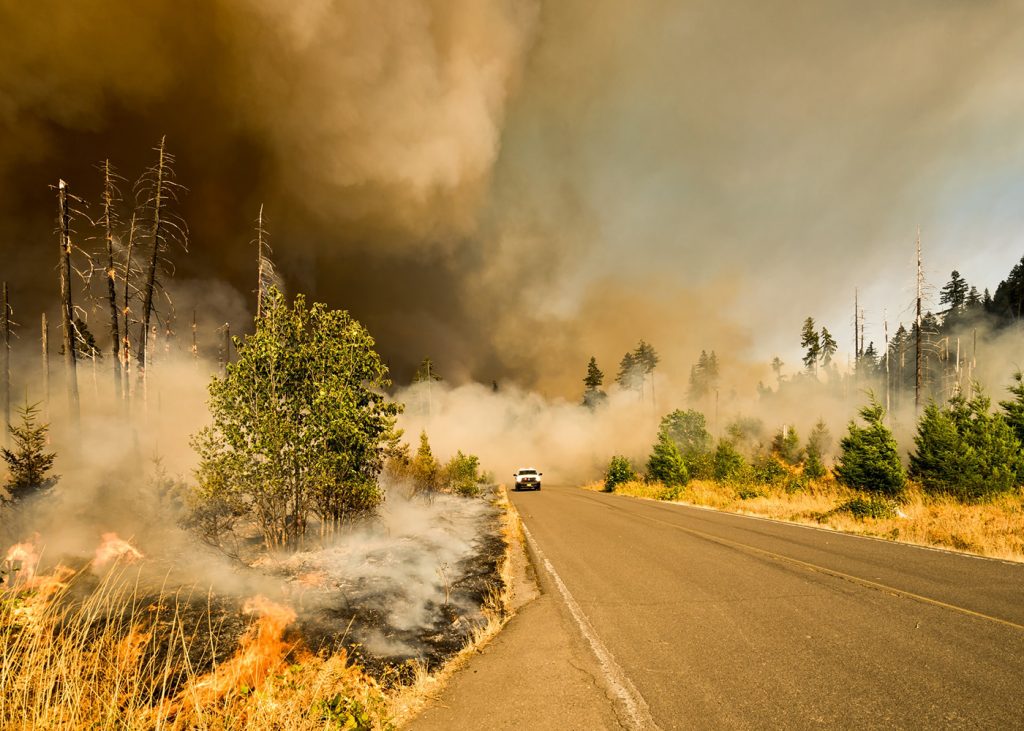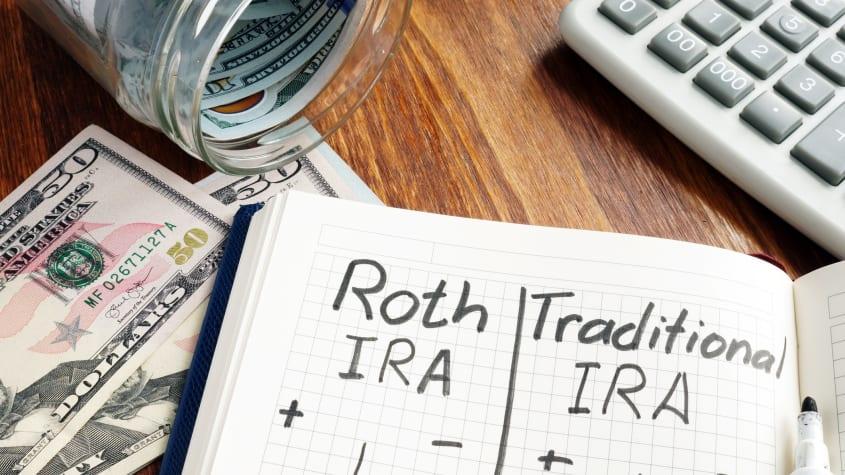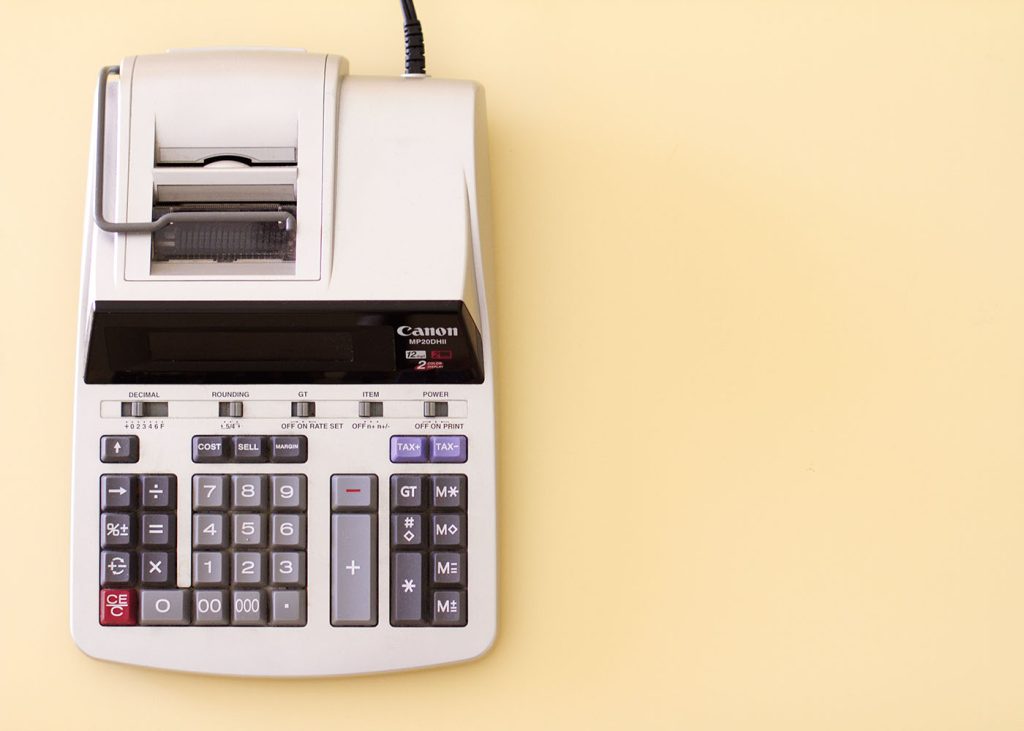Since August 15, 2020, California has been battling wildfires of historical proportions. Within two weeks, wildfires destroyed over 1.35 million acres of land – that’s six times the size of New York City.1 As of late August, more than 1,852 homes and businesses have been destroyed.
Whether you’re currently residing in California, own property there or are nervous about wildfires happening in your area, it’s important to understand how you’re protected and what you’ll need to do once damage occurs.
Wildfires & Your Insurance
When a wildfire affects you, your family or your business, there are a few things you’ll want to be sure are protected:
- Buildings and structures
- Your property and belongings
- Cars and vehicles
- Loss of income or profits
- Temporary lodging & meals
Homeowners Insurance
If damage or destruction is caused by fire, the majority of your property should be covered under your homeowners or renters insurance policy. This includes your personal belongings and the physical structure of your home. In the event that you must stay in a hotel and eat meals out because your home has been damaged by a wildfire, your insurance policy should reimburse you for these additional living expenses (known as ALE).
Your insurance company will be responsible for covering the costs to repair or rebuild your home due to damage caused by both the fire itself and smoke.
You’ll want to check with your insurance provider, as the actual insurance payout you can expect to receive will differ depending on their specific terms and limits of your policy.
Car Insurance
If you’ve chosen to include comprehensive coverage in your car insurance policy, your vehicle will be protected against damage caused by fire. It’s important to note that comprehensive coverage is typically not required, you shouldn’t assume you already have it. Check your policy and consider adding it on if you don’t have it already.
Business Insurance
Typically, a business owner’s policy (BOP) will cover fire damage to the building itself, inventory and other property.
If you’re worried about a loss of profit or income, you’ll want to consider adding on business interruption insurance. This can help cover what profits you would have made if your business was operating as normal, as well as any overhead costs you may incur as you set up a temporary location for your business.
How to Make an Insurance Claim
If the worst has occurred and your property was damaged or devastated by a wildfire, there are a few next steps you should take in order to file a claim with your insurance provider.
Step #1: Contact Your Insurance Company ASAP
The sooner you let your insurance company know the damage has occurred, the sooner they can send out an insurance adjuster and begin the reimbursement or payment process. Some insurance companies may even place time limits on claims – meaning if you wait too long to file, they may not be required to pay out for the damage that has occurred.
Step #2: Review Your Home Inventory
As is the case when making any homeowners insurance claim, having a home inventory is crucial to making the process smooth and seamless. Your home inventory documents should be saved somewhere online so you can access them from a hotel computer (or your phone), or they should be stored safely offsite.
It’s likely your insurance provider will ask you to complete a “Proof of Loss” form, in which you’ll need to provide descriptions of what’s been damaged or destroyed, how much they were worth and when they were purchased.
If possible, do not throw anything away, no matter how destroyed or damaged it may be. You’ll want the insurance adjuster to be able to see the item and assess its damage for themselves.
Step #3: Ask What Is Needed
It’s likely this is your first time facing such devastation – meaning you may not know what the insurance company needs from you. Don’t be afraid to request clarification on what they require in order to process your claim, and ask what you can expect the next steps to look like.
Living in an area that’s prone to wildfires means you should be well-prepared for possible damage to occur. Review your current coverage to make sure you’re adequately protected should the worst happen. And if it comes time to file a claim, follow these steps to receive your payout in a timely and efficient manner.




